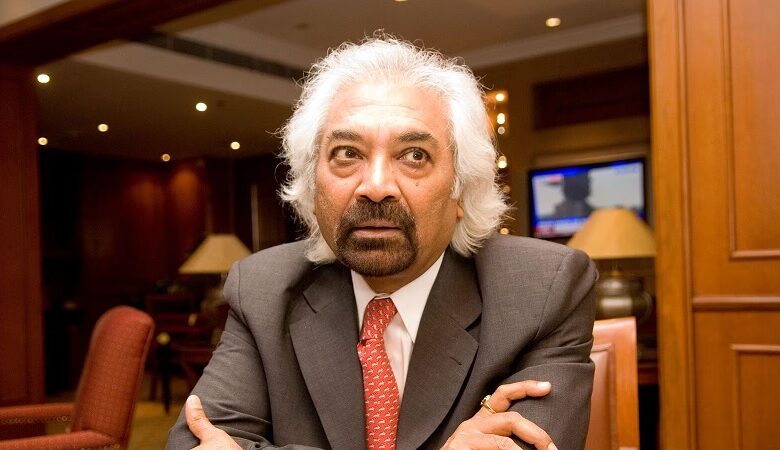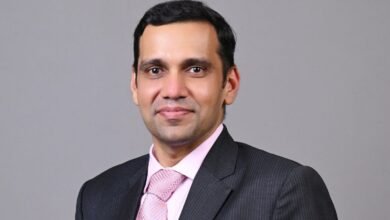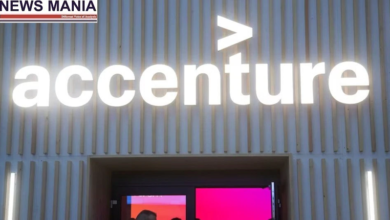Sam Pitroda’s Clarification on Inheritance Tax Statement And BJP’s Clapback

Sam Pitroda, the chairman of the Indian Overseas Congress, found himself embroiled in a controversy following his remarks on inheritance tax, which he now claims were misrepresented to divert attention from pressing issues. Pitroda took to social media, particularly X (formerly Twitter), to issue a clarification, expressing disappointment at the distortion of his comments by certain media outlets, which he referred to as “Godi media.”
Pitroda’s statement comes in response to criticism from Bharatiya Janata Party (BJP) leaders, who seized upon his reported advocacy for an inheritance tax law in India. The BJP’s reaction prompted Pitroda to clarify that his remarks were made in the context of the United States’ inheritance tax system, and were not intended as a policy proposal for India. He asserted that his comments were misconstrued to deflect attention from Prime Minister Narendra Modi’s campaign rhetoric regarding the Congress manifesto.
In an interview with news agency ANI, Pitroda allegedly emphasized the need for policies aimed at wealth redistribution, citing the inheritance tax prevalent in the United States as an example. He highlighted that in America, a portion of an individual’s wealth (specifically, 55%) is claimed by the government upon their demise, with the remainder passed on to their heirs. Pitroda underscored the fairness of such a system, wherein individuals are encouraged to contribute to the public good through the redistribution of a portion of their wealth.
Clarifying his stance, Pitroda elucidated that his remarks were meant to spark a dialogue on policy measures conducive to equitable wealth distribution in India. He highlighted the absence of similar mechanisms in the Indian context, where individuals are free to transfer their entire wealth to their descendants without any obligation to contribute to the broader societal welfare. Pitroda emphasized the need for informed debate on issues of wealth distribution, urging stakeholders to explore policies that prioritize the interests of the populace over the affluent minority.
However, Pitroda’s comments elicited sharp rebukes from BJP leaders, who characterized them as evidence of the Congress party’s intent to engage in “organised loot and legalised plunder” of citizens’ assets. BJP spokespersons and leaders took to social media platforms like X to condemn Pitroda’s purported endorsement of an inheritance tax, portraying it as an assault on the hard-earned resources of the people.
Assam Chief Minister Himanta Biswa Sarma accused Pitroda of revealing the Congress party’s true intentions, framing their alleged agenda as tantamount to “organised loot and legalised plunder” of citizens’ wealth. Similarly, BJP spokespersons Jaiveer Shergill and Shehzad Poonawala characterized Pitroda’s remarks as indicative of the Congress party’s desire to seize control of citizens’ assets.
Echoing these sentiments, BJP IT cell chief Amit Malviya decried the Congress party’s purported intention to “destroy India” through its advocacy for policies like inheritance tax. Malviya contended that such measures would result in the confiscation of citizens’ hard-earned wealth, undermining the foundations of economic prosperity and individual liberty.
In response to the backlash, Congress general secretary (communications) Jairam Ramesh sought to contextualize Pitroda’s comments, emphasizing that they were personal opinions rather than an official stance of the party. Ramesh defended Pitroda’s right to express his views freely in a democracy, asserting that his remarks should not be misconstrued as reflective of the Congress party’s position. He criticized attempts to sensationalize Pitroda’s comments, attributing them to a deliberate effort to distract from the BJP’s campaign tactics.
Sam Pitroda’s clarification regarding his statement on inheritance tax underscores the complexities of public discourse and political messaging in contemporary India. The episode highlights the challenges of navigating sensitive policy issues in a polarized political landscape, where statements can easily be misconstrued for political gain. As the electoral rhetoric intensifies, the need for nuanced debate and informed dialogue on critical issues remains paramount in shaping the nation’s future.






